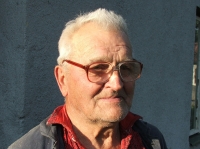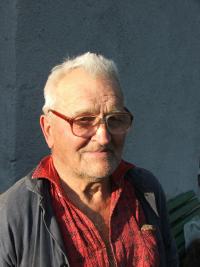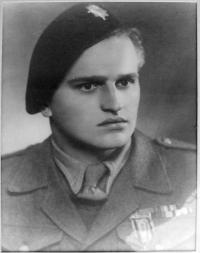„We could already feel it, we knew it was coming, the invasion was about to come. We could tell because of the terrible shelling. All those ships that were on the sea… it was a horror. Everybody was shooting and the soldier had to hold out.”

Download image
Robert Mazurek was born in 1925 in the village of Závada that’s located in Silesia. After the outbreak of the war, he was drafted to the Wehrmacht because of his Silesian origin. He was first stationed in Český Těšín and subsequently in the French Town of Metz. He took part in the battle for Normandy on the German side. He was captured in Bayeux and taken to Edinburg to examine his loyalty to Germany. Then he was transferred to Southend and subsequently to France where he already fought on the side of the Allies. He was wounded at Dunkirk by a grenade splinter and taken to hospital. His injury prevented him from further taking part in the fighting. Thereafter he worked as an assistant and a cook in the kitchen till the end of the war. After his release from the army in 1946 he faced obstructions on the part of his employers for fighting on the western front. He currently lives in Petrovice nearby Karviná.


